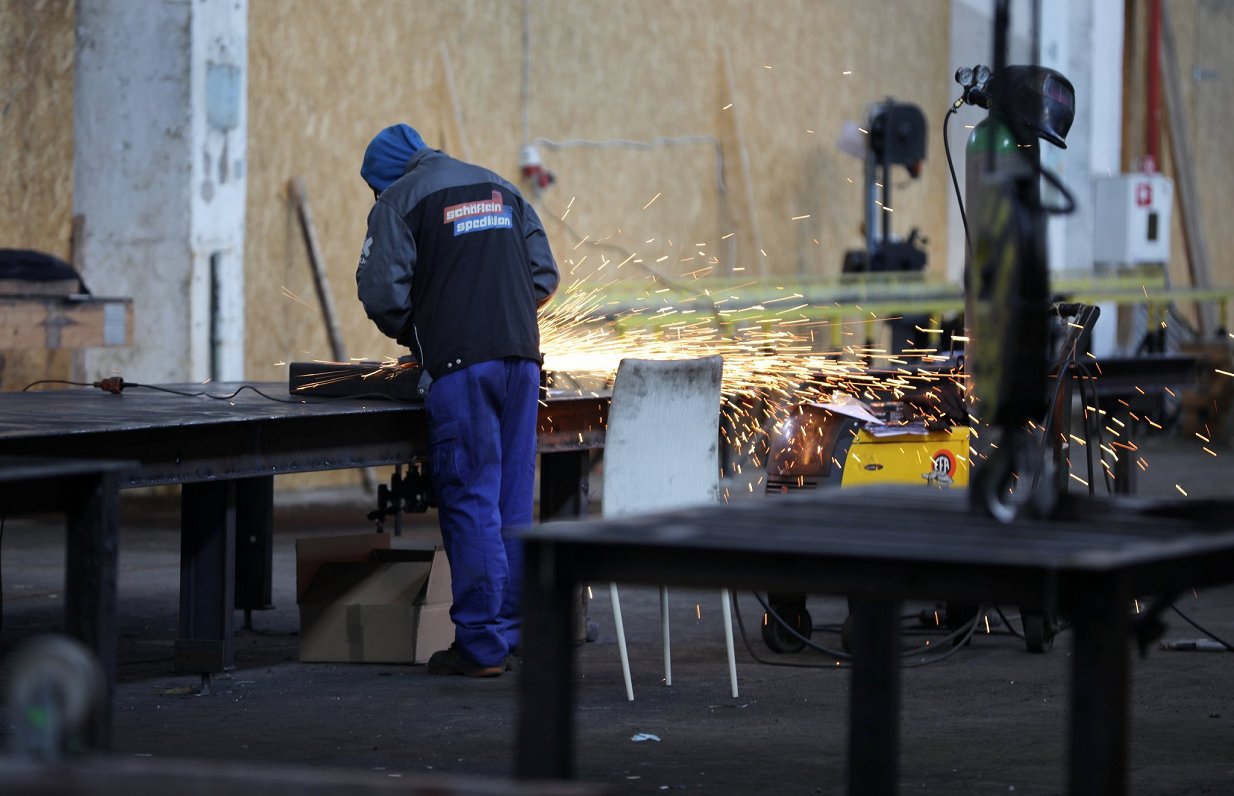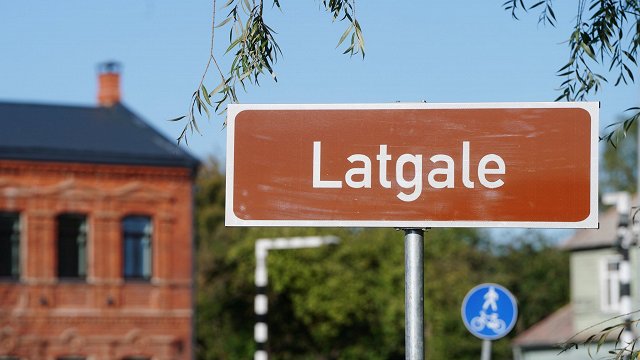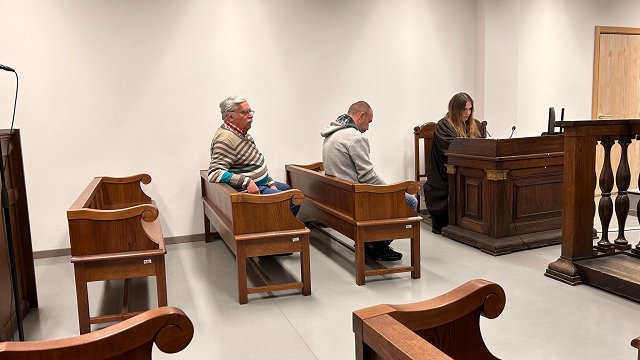Milk producer: Rīga wages impossible in Latgale
JSC “Latgales piens” produces whole milk products and employs more than 200 people. Chairman of the Board Valērijs Haritonovs said that good employees are always lacking.
“First, specialists in fields necessary for the company, for example, a dairy producer or a dairy pasteurizer operator, are not trained in Latvia. So the company is looking for people and training specialists for itself. A few months is enough for one person to acquire the skills and competencies they need, but others need years.”
Although the requirements for employees are not too high – no drinking and no "dropping the hammer" – it is not easy to find suitable people.
The attraction of skilled labor to any company is also influenced by its ability to pay them wages that are high enough: “There are no opportunities for us to pay Rīga wages. You have to earn properly to pay high wages. In rural Latgale, however, the situation is what it is – almost every day is like the last day.”
The company also employs one or two Ukrainians.
“Attracting guest workers isn't that easy either. Under current requirements, if I am not mistaken, their wages must not be less than the national average wage. As a result, the company would have to pay inexperienced guest workers higher wages than local specialists,” Haritonovs explained.
In order for the situation to change for the better, according to the businessman, legislation should be organized and local producers supported, for example by introducing a requirement that supermarket shelves contain a certain amount of local production.
To find a way out of the emerging situation, companies are advised to look for new export markets. But in the current situation, it is even harder than expanding sales in the local market, the head of “Latgales piens” said.
Metalworker: of eight new workers, one is local
The metal processing company “East Metal” Ltd in Daugavpils employs about 260 people. Its spokeswoman, Jūlija Sokolova, said the company currently lacks highly qualified metalworking specialists. The company also has to use foreign employees to cover the missing numbers.
“The company lacks welders, locksmiths, turners, metallizers and painters. It was only last week that eight new employees started working in the company, but only one of them is local, the rest are citizens of other countries. Guest workers in the company are mainly from Ukraine, as well as specialists from Kazakhstan, Uzbekistan, Azerbaijan, Belarus, and two from Colombia,” Sokolova said.
As a reason for the lack of employees, the company's representative mentioned the fact that the population is diminishing, and the number of professionals in various fields is also decreasing. Many have left Latvia to earn, many have changed their place of residence with.
Regarding remuneration, Sokolova noted that it is not less than the average in Latvia. Moreover, the wage here is much higher than the Latgale average.
According to the representative of East Metal, the situation with the labor force in Latvia could be improved by facilitating the procedures for attracting the country's guest workers, including by facilitating documentation and introducing necessary changes to the migration law.
Sokolova noted that the shortage of high-level professionals in Latvia is also related to the fact that the training system in the country lags behind the current situation and graduates of vocational schools do not have the necessary qualifications. Guest workers wishing to work for the company often have better qualifications than graduates of domestic vocational schools.
To address specialist preparedness, the company works closely with local vocational schools, takes many students into practice, and helps with developing learning specifics.
"Axon Cable" trains its employees
Ineta Pečonka, sales and marketing manager of Axon Cable Ltd, an interconnection and cable company with French capital, said that there were enough employees in the company.
“If we need an employee, we put advertisements on [State Employment Agency] NVA's website, on social media, elsewhere, we also recently participated in the NVA vacancy fair in Daugavpils. This is how we deal with it ourselves,“ Pečonka said.
Operators that do not require extensive technical knowledge are prepared at the establishment itself under the supervision of instructors. This process usually takes months. It is more difficult to attract highly qualified specialists. Currently, the company is looking for one or two engineers with higher technical education, preferably graduates of Riga Technical University (RTU).
As each plant has its own specificity, which takes time to learn, internal training is also provided for these new specialists in the company.
"Zīglera mašīnbūve" also lacks specialists
About 350 people work in the mechanical engineering and metalworking company “Zīglera mašīnbūve” Ltd. Inga Nosaļe, the company's human resources manager, said that the total number of employees in the company is sufficient for the time being, however, there is a lack of specialists in certain professions, such as metal bending operator or metal varnish specialists. It is also very difficult to find a metal pulverizing operator.
“To attract welders, for example, we work with local training institutions and NVA, we take people from the training center Buts, Latgale industrial vocational school, etc. into practice. However, in order to find a metal bending operator or laser cutting operator, they have to be taught by ourselves, because such operators are not prepared in Latvia,” Nosaļe said.
The company also had the idea of attracting guest workers, but for now, it manages with local workforce.
“To address labor shortages in manufacturing, it is necessary to attract youth to technical specialties, because we have enough of bloggers, psychologists, lawyers today,” said the company's human resources manager.
She also believes it would be good to coordinate training in vocational schools with the needs of local producers. For example, Daugavpils vocational schools are currently preparing vehicle varnish specialists. Although similar, this training is different from that required for the work of a metal varnish company. As a result, the company cannot accept these students even in practice.






























